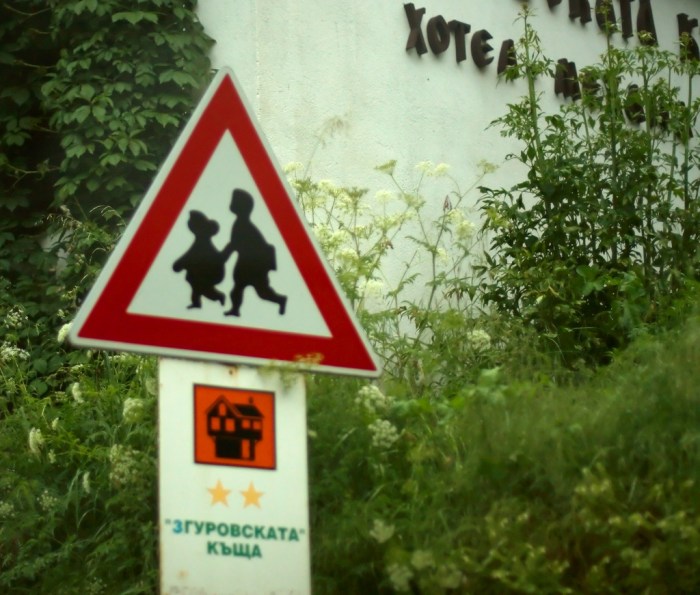Three cheers for the nanny state answers explore the multifaceted concept of nanny state policies, delving into their rationale, potential benefits, and ethical implications. This essay provides a comprehensive analysis of the arguments for and against nanny state interventions, offering a nuanced perspective on their impact on individual liberty, public health, economic growth, and social justice.
The concept of a nanny state, where the government assumes a parental role in regulating individual behavior, has sparked significant debate. This essay examines the arguments in favor of nanny state policies, highlighting their potential to protect vulnerable populations, improve public health outcomes, and promote economic stability.
It also critically analyzes the criticisms of nanny state interventions, exploring concerns about individual liberty, excessive government control, and potential economic drawbacks.
Nanny State Definition

A nanny state is a term used to describe a government that exercises a high level of control over the lives of its citizens, typically in the name of protecting them from harm or promoting their well-being.
Nanny state policies can take many forms, such as regulating the sale and consumption of alcohol and tobacco, mandating the use of seat belts and helmets, and requiring businesses to provide certain benefits to their employees.
Arguments for Nanny State Interventions
- Protect citizens from harm: Nanny state policies can help to protect citizens from harm by regulating activities that are known to be dangerous, such as smoking and drinking alcohol.
- Promote public health: Nanny state policies can also promote public health by encouraging healthy behaviors, such as eating a healthy diet and exercising regularly.
- Reduce healthcare costs: By promoting healthy behaviors, nanny state policies can help to reduce healthcare costs in the long run.
Arguments Against Nanny State Interventions, Three cheers for the nanny state answers
- Infringe on individual liberty: Nanny state policies can infringe on individual liberty by restricting people’s freedom to make choices about their own lives.
- Create a culture of dependency: Nanny state policies can create a culture of dependency by making people reliant on the government to protect them from harm.
- Stifle economic growth: Nanny state policies can stifle economic growth by increasing the cost of doing business and reducing consumer choice.
Three Cheers for the Nanny State
There are a number of arguments in favor of nanny state policies. First, nanny state policies can help to protect citizens from harm. For example, regulations on the sale and consumption of alcohol and tobacco have been shown to reduce the number of deaths and injuries from these products.
Second, nanny state policies can promote public health. For example, mandating the use of seat belts and helmets has been shown to reduce the number of deaths and injuries from traffic accidents.
Third, nanny state policies can reduce healthcare costs. For example, requiring businesses to provide certain benefits to their employees, such as health insurance and paid sick leave, can help to reduce the number of people who are uninsured or underinsured.
Criticisms of the Nanny State
There are also a number of criticisms of nanny state policies. First, nanny state policies can infringe on individual liberty. For example, regulations on the sale and consumption of alcohol and tobacco can be seen as an infringement on people’s freedom to make choices about their own lives.
Second, nanny state policies can create a culture of dependency. For example, welfare programs can be seen as creating a culture of dependency by making people reliant on the government for financial assistance.
Third, nanny state policies can stifle economic growth. For example, regulations on businesses can be seen as increasing the cost of doing business and reducing consumer choice.
Nanny State and Individual Liberty
The impact of nanny state policies on individual liberty is a complex issue. On the one hand, nanny state policies can infringe on individual liberty by restricting people’s freedom to make choices about their own lives.
On the other hand, nanny state policies can also protect individual liberty by preventing people from harming themselves or others. For example, regulations on the sale and consumption of alcohol and tobacco can be seen as protecting people’s freedom to live a healthy life.
Nanny State and Public Health
Nanny state policies can play a significant role in promoting public health. For example, regulations on the sale and consumption of alcohol and tobacco have been shown to reduce the number of deaths and injuries from these products.
However, nanny state policies can also have unintended consequences for public health. For example, regulations on the sale and consumption of alcohol and tobacco can lead to increased black market activity and the consumption of unregulated products.
FAQ Overview: Three Cheers For The Nanny State Answers
What is the definition of a nanny state?
A nanny state is a government that takes on a parental role, intervening in individual behavior to protect citizens from harm or to promote their well-being.
What are some examples of nanny state policies?
Nanny state policies can include regulations on smoking, alcohol consumption, unhealthy food, and other behaviors deemed harmful to individuals or society.
What are the main arguments in favor of nanny state policies?
Proponents argue that nanny state policies can protect vulnerable populations, improve public health outcomes, and promote economic stability by reducing healthcare costs and increasing productivity.
What are the main criticisms of nanny state policies?
Critics argue that nanny state policies can infringe on individual liberty, stifle economic growth by creating excessive regulations, and lead to a culture of dependency.